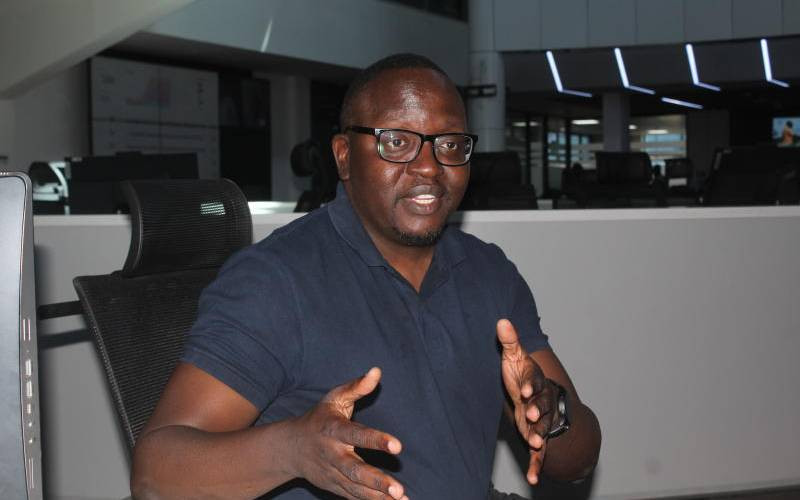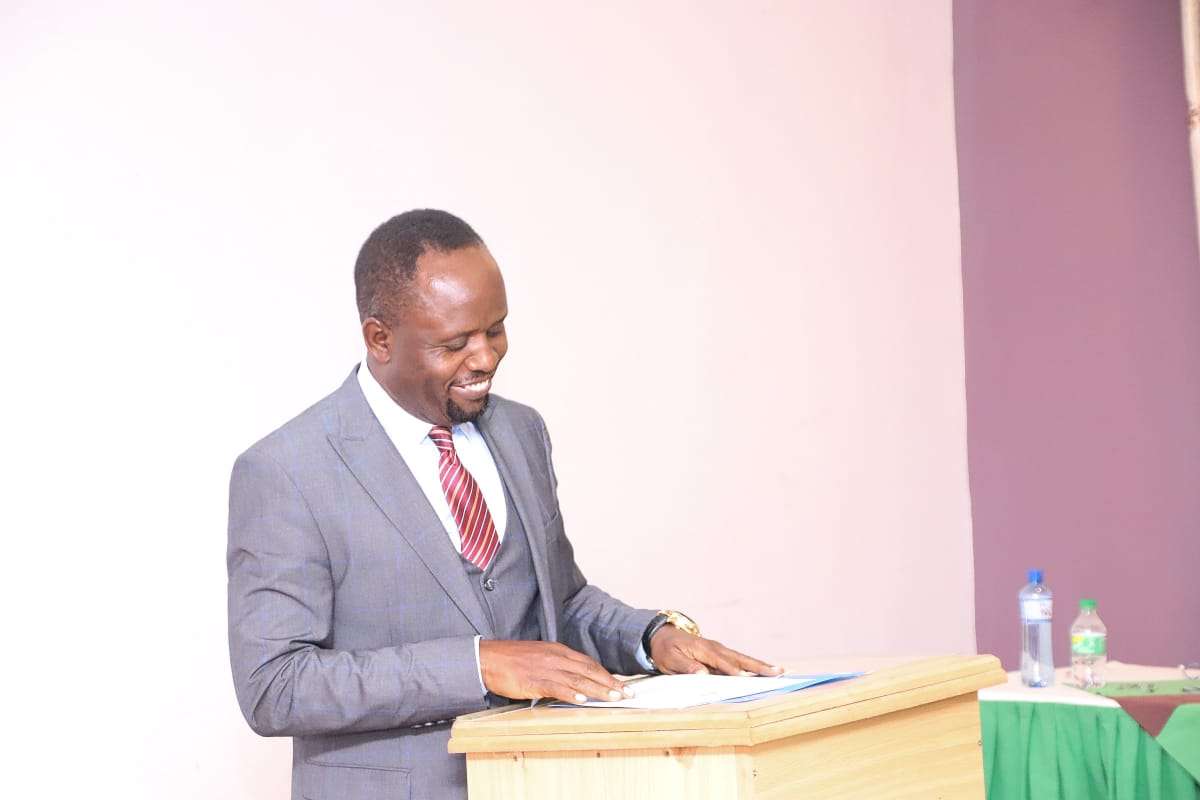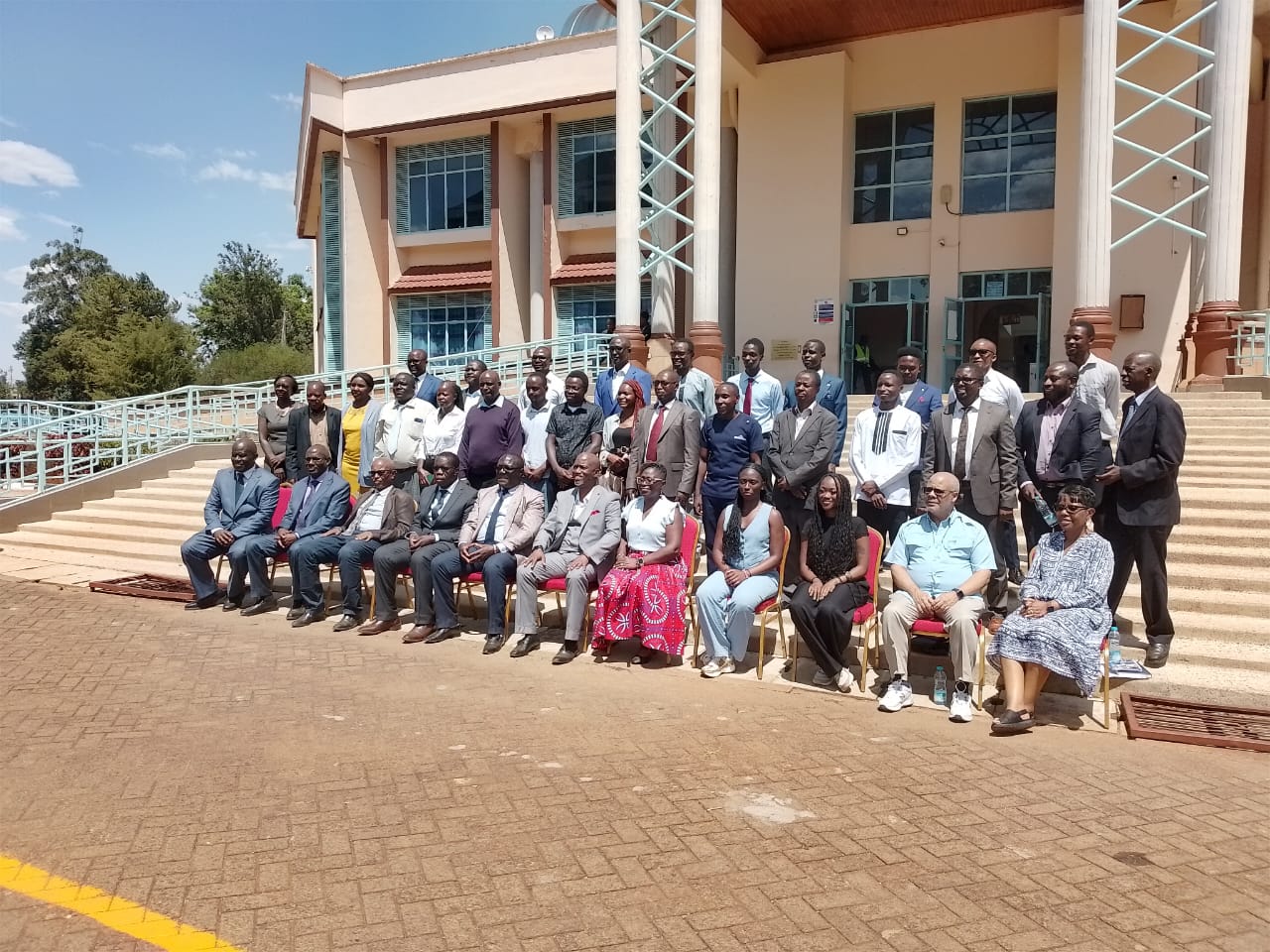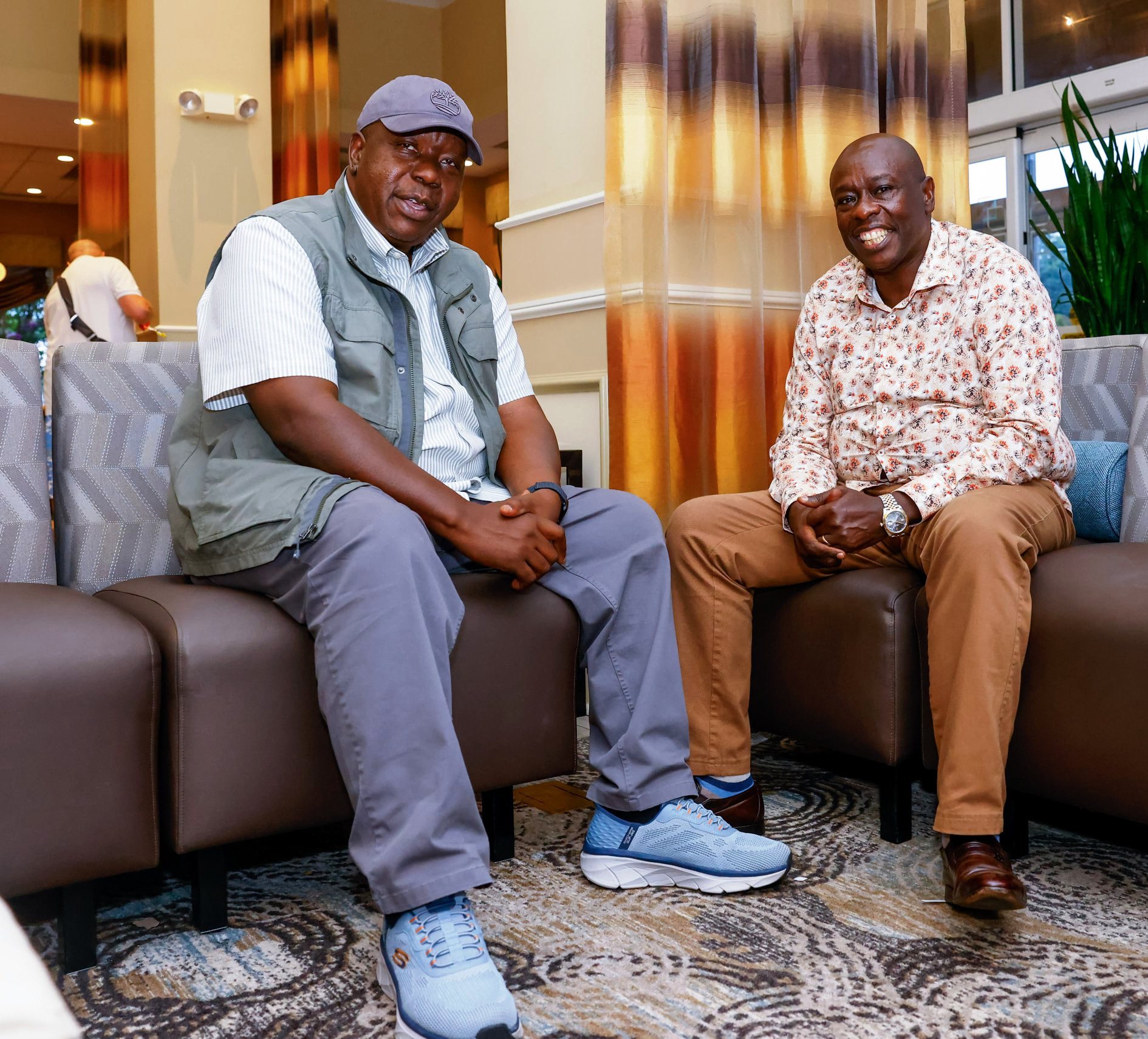By TWV Team
Patients across the country have been plunged into uncertainty after the Rural and Urban Private Hospital Association (RUPHA) suspended the provision of healthcare services to Social Health Authority (SHA) beneficiaries effective Monday, 22 September. Services will now only be available on a cash basis, unless otherwise stated.
The decision follows what RUPHA describes as persistent delays and unsettled payments by SHA, which have made it unsustainable for hospitals to continue offering services on credit. While regretting the inconvenience caused, RUPHA assured the public that member hospitals across the country remain open, with essential supplies and equipment available, and staff ready to deliver care at the highest standards.
“We remain hopeful that these issues will be resolved promptly and that normal service arrangements with SHA will resume,” RUPHA said. RUPHA, which represents more than 700 private and faith-based hospitals, stated that since the launch of SHA in October last year, hospitals have submitted claims worth KSh93 billion. Of this, only about KSh50 billion, representing 53 per cent of claims, has been reimbursed.
The association added that the KSh43 billion shortfall, combined with KSh33 billion in unpaid arrears from the defunct National Hospital Insurance Fund (NHIF), now replaced by the Social Health Insurance Fund (SHIF), has left hospitals burdened with debts exceeding KSh76 billion.
RUPHA further accused SHA, which manages SHIF as part of President William Ruto’s universal health coverage programme, of failing to comply with its own directive requiring reimbursements by the 14th of each month. It also criticised SHA’s public transparency portal, saying it was misleading as it omitted critical claim-to-payout ratios.
A report released by RUPHA in May, based on a survey of 477 facilities countrywide, found that only 20 per cent of Primary Health Care (PHC)-accredited facilities received consistent reimbursements between January and March. The report also revealed that 91 per cent of facilities were experiencing financial distress.
The report highlighted that surgical claims under SHA are the most delayed and problematic, while legacy debts from NHIF remain unpaid, worsening cash flow challenges.
“The relevant authorities have ignored the challenges facing this new healthcare system, putting patients’ lives at risk and threatening the survival of hospitals due to weak service provision,” RUPHA chairman Brian Lishenga said last week.





